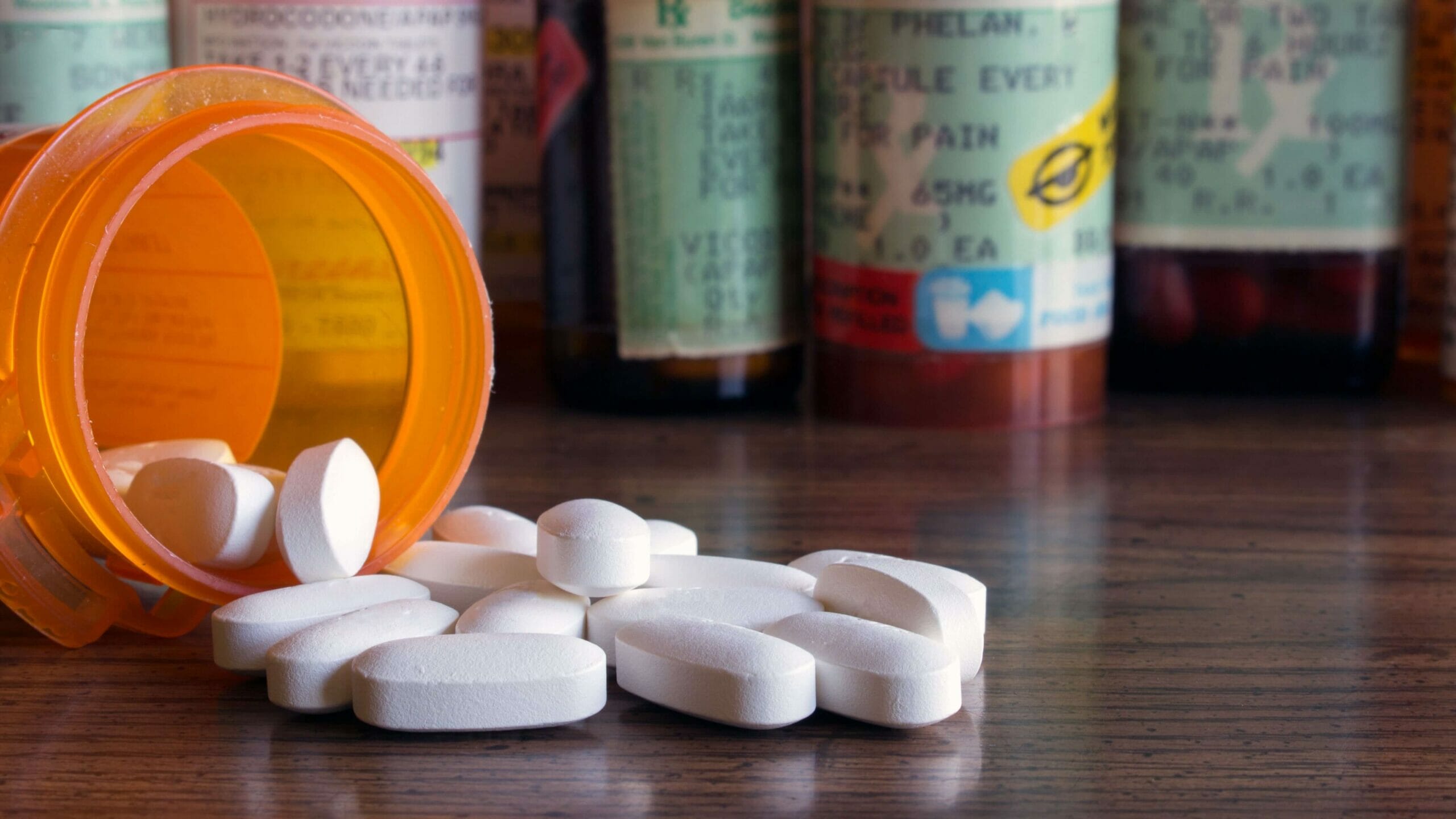Opioid addiction is a serious public health crisis that has been affecting individuals and communities in the United States for decades. The National Institute on Drug Abuse reports that over 2 million Americans suffer from opioid use disorder (OUD), and over 130 people die every day from opioid-related drug overdoses. Opioid addiction can be difficult to recognize, as many people who develop an addiction initially receive prescription painkillers for legitimate medical reasons. However, if left untreated, opioid use can lead to abuse, addiction, and serious health consequences, including overdose and death.
More Statistics On Opioid Use Disorder
- According to the National Institute on Drug Abuse (NIDA), opioid use disorder (OUD) is at epidemic levels in the United States.
- In 2020, an estimated 10.1 million Americans misused opioids and 1.6 million Americans had OUD.
- Opioid overdose deaths increased by nearly 30% from 2019 to 2020. More than 69,000 people died from opioid overdoses in 2020 alone.
- The opioid epidemic has contributed to a decline in life expectancy in the US. Additionally, drug overdose deaths are a major contributing factor to the decline in life expectancy.
- Opioid addiction has had a significant economic impact in the US. The total financial burden of prescription opioid misuse is over $78 billion per year in the US.
Symptoms And Signs Of Opioid Use Disorder
Common signs and symptoms of opioid use disorder include:
1. Itching skin
Opioids can also stimulate the release of histamines, which are substances involved in the immune response. Histamines can cause itchiness and skin irritation when they are released in large quantities. With opioid addiction, the release of histamines can be a side effect of the drugs themselves or a result of the body’s response to chronic opioid use. Besides the release of histamines, opioid addiction can also lead to dry skin, which can exacerbate itching. Opioids can also cause reduced saliva production and trigger dehydration, which can, in turn, lead to dry skin and itching.
2. Drowsiness
Opioids bind to receptors in the body, blocking the transmission of pain signals, and can produce a sense of euphoria and relaxation. This also leads to a decrease in the activity of other neurons in the brain, including those responsible for wakefulness and arousal, resulting in drowsiness, fatigue, and lethargy. Opioid use can also interfere with the natural sleep cycle, leading to sleep disturbances such as insomnia and fragmented sleep. This can contribute to daytime drowsiness and fatigue. Opioid addiction can also lead to respiratory depression, which is a decrease in the rate and depth of breathing. This can cause a decrease in oxygen levels in the body, which can lead to drowsiness, confusion, and even loss of consciousness.
3. Intense flu-like symptoms
Opioid addiction can lead to intense flu-like symptoms during withdrawal. Opioids work by binding to receptors in the brain and body that regulate pain, pleasure, and other bodily functions. When someone uses opioids regularly, their body adjusts to the presence of the drug and may become dependent on it to function normally. When they stop using opioids or reduce their dose, their body may react with withdrawal symptoms such as nausea and vomiting, diarrhea, sweating, runny nose and watery eyes, muscle aches and pains, restlessness and anxiety, insomnia, and increased heart rate and blood pressure.
4. Doctor shopping/forging prescriptions
People with opioid addiction may engage in doctor shopping and forging prescriptions as a means of obtaining more opioids to feed their addiction. Doctor shopping involves visiting multiple doctors in order to obtain multiple prescriptions for opioids. This allows individuals to accumulate a larger supply of opioids than they would be able to obtain from a single doctor. Forging prescriptions involves altering or creating fake prescriptions for opioids. This can be done by stealing prescription pads or using computer programs to create counterfeit prescriptions.
5. Dry mouth
Opioids are known to decrease the production of saliva, which can cause dry mouth or xerostomia. This happens because opioids interact with the nervous system, and this can inhibit the production of saliva, which can lead to a range of dental problems, including gum disease, cavities, and bad breath. The lack of saliva can also make it more difficult to eat and speak, as well as contribute to difficulty swallowing or dysphagia. A dry mouth caused by opioid addiction can also increase the risk of infections in the mouth, such as thrush or fungal infections. These infections can be painful and uncomfortable and may require medical treatment to resolve.
More signs include:
- Giving up important activities or socializing because of opioid use
- Using opioids in hazardous situations, such as while driving
- Developing opioid tolerance and experiencing withdrawal symptoms when not using opioids
- Using opioids to relieve withdrawal symptoms
- Using opioids to feel “normal”
If you or someone you know is experiencing any of these symptoms, it is important to seek professional help as soon as possible.
Medication-Assisted Treatment For Opioid Addiction
Medication-assisted treatment (MAT) is an effective way to overcome opioid addiction and take back control of your life. MAT uses a combination of FDA-approved medications, behavioral therapy, and counseling to provide a holistic approach to recovery. With MAT, you’ll have the support you need to break free from opioid addiction and stay on the path to recovery.
There are three FDA-approved medications used in MAT: methadone, buprenorphine, and naltrexone. Methadone is a synthetic opioid agonist that can reduce cravings and withdrawal symptoms for up to 24 hours. Buprenorphine also helps alleviate cravings and withdrawal symptoms. Naltrexone blocks the effects of opioids, so individuals can’t experience a high from the effects of opioids.
We Can Help
If you or someone you love is struggling with opioid use, please reach out to us. We can help you overcome addiction and live a happy, healthy life — potentially involving a medication-assisted treatment plan with counseling and support.


 Verify Insurance
Verify Insurance
 Toll Free Call
Toll Free Call